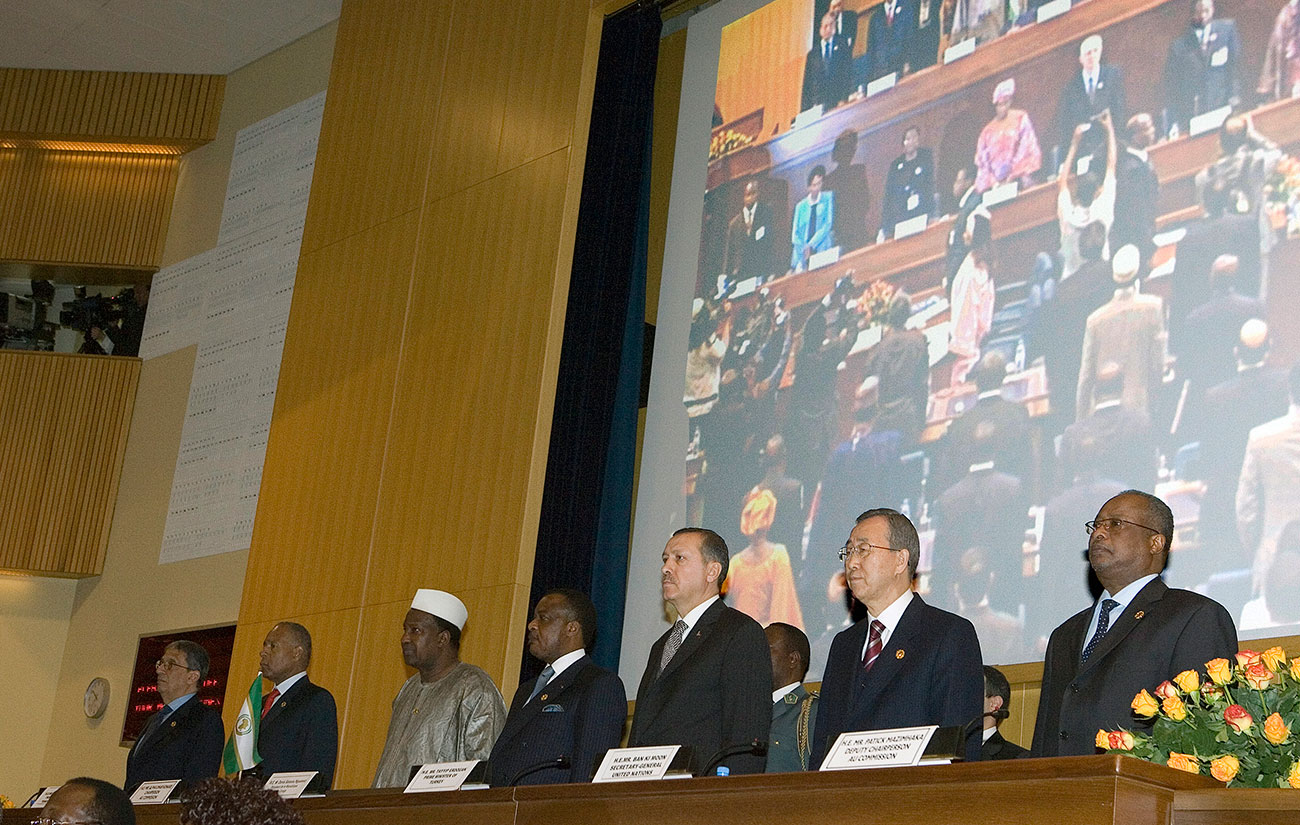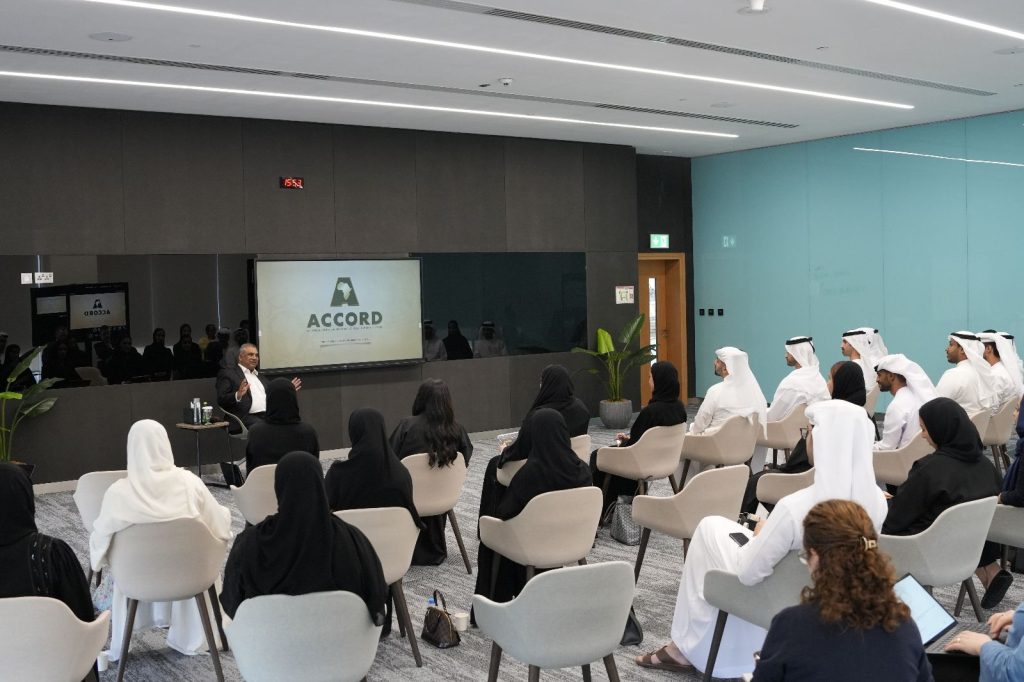ACCORD continues to work with the African Union in its focus on developing the civilian dimension of current African peace support operations. Through its Training for Peace Programme (TfP/ACCORD), ACCORD supported the recent AU African Standby Force (ASF) Civilian Dimension Workshop in Lusaka, which aimed at taking stock and reflecting on the work and progress of the civilian dimension process since the endorsement by the 3rd Meeting of the Specialised Technical Committee on Defence Safety and Security (STCDSS).
This work and progress also follows on from the recommendations of the Civilian Staffing, Training and Rostering Meeting held in 2008 in Kampala, Uganda and as well as from the recommendations of other subsequent meetings on the ASF civilian dimension. The aim of the workshop was to provide a progress analysis on the AU civilian dimension process while reflecting on current African peace support operations (PSOs) landscape and experience, and highlighting key roles and contributions of civilians in PSOs. The workshop also provided recommendations for the review of the civilian dimension within a multidimensional and integrated context as the process moves towards the full operationalisation of the ASF in 2015 and beyond.
The workshop on the Civilian Dimension of the ASF was held in Lusaka, Zambia from 6th – 7th May 2015, and was organized by the AU Commission in cooperation with Regional Economic Communities and Regional Mechanisms (RECs/RMs). It was hosted by the Republic of Zambia. In attendance were representatives of the AU, RECs/RMs, Kofi Anan International Peacekeeping Training Centre (KAIPTC), Die Deutsche Gesellschaft für Internationale Zusammenarbeit (GIZ), the Norwegian Institute for International Affairs (NUPI), Ecole de Maintien de la Paix (EMP), and the Institute for Security Studies (ISS). TfP/ACCORD was represented by Ms. Olivia Victoria Davies, Programme Officer, Peacekeeping Unit.
The Workshop agreed on key recommendations, which are based on key civilian dimension processes such as partnerships; training and capacity building; rostering and staffing; planning and operations; policy development and facilitation; enhancing the roles of civilians in high-intensity operations; and women in PSOs. In terms of partnerships, the recommendations call on AU member states to ensure policy coherence and coordination with the RECs/RMs that serve as building blocks of the Africa Peace and Security Architecture (APSA) to ensure a harmonised approach on the operationalisation and employment of the ASF. Specifically, there was emphasis that there should be enhanced coordination between relevant decision making organs and Planning Elements (PLANELMs) of the AU and RECs/RMs. Member States were also encouraged to ensure principled and predictable partnership with the United Nations (UN) in line with the mandates of both organisations during operations. In this regard, it was recommended that there should be coherence at the strategic level, coordination at the operational level and joint programming at the tactical level in PSOs.
The recommendations on training and capacity building, encouraged member states to enhance their peacekeeping training centres to adhere to AU Training directives, frameworks, policies, standards and curricula for multidimensional training and capacity building of personnel for African-led PSOs including issues relating to conflict prevention, and post-conflict reconstruction and development. In this regard, it was concluded that the AU Commission and RECs/RMs should develop guidelines on the linkage between rostering and training of civilians to ensure that experts eligible for deployment are will be those personnel that are well trained that should be adequately prepared prior to deployment.
On the recommendations on staffing and rostering, member states were encouraged to support RECs/RMs in populating the African Standby Capacity (ASC) roster, by playing a primary role in generating personnel that meet the set minimum selection criteria for inclusion in the ASC roster. In this regard, special attention would be given to women and other under-represented groups in the selection process, as outlined in the ASC Selection Guidelines Manual (SGM).
A lot of emphasis was also placed on exploring the roles of civilians in high-intensity operations in which the AU is going to establish a Civilian Strategic Support Group (CSSG) to provide technical advisory support on civilian-related issues in AU PSOs. The AU will also ensure that civilian deployment in high-intensity operations are informed by a robust assessment to determine and put in place measures to mitigate against security risks and provide adequate support requirements to AU civilian personnel, prior to their deployment. In recognizing the Women Peace and Security Agenda, the AU Commission and RECS/RMs were encouraged to establish mechanisms to prevent and respond to misconduct, especially Sexual Exploitation and Abuse (SEA), in PSOs. In addition, AU, RECs/RMs and member states were encouraged to continue their efforts in enhancing personnel’s understanding of International Humanitarian Law (IHL) and AU PSO Code of Conduct prior to deployment.
The recommendations which emanated from the workshop will contribute towards the improvement of the civilian dimension of the ASF ahead of its full operational capacity in December 2015.
This initiative is linked to TfP/ACCORD strategic goal which is to significantly improve civilian capacity of United Nations (UN), the AU, RECs/RMs, and the African States, to plan, manage and monitor multidimensional peacekeeping in Africa.
The Training for Peace Programme at ACCORD is an initiative funded by the Norwegian Ministry of Foreign Affairs.








